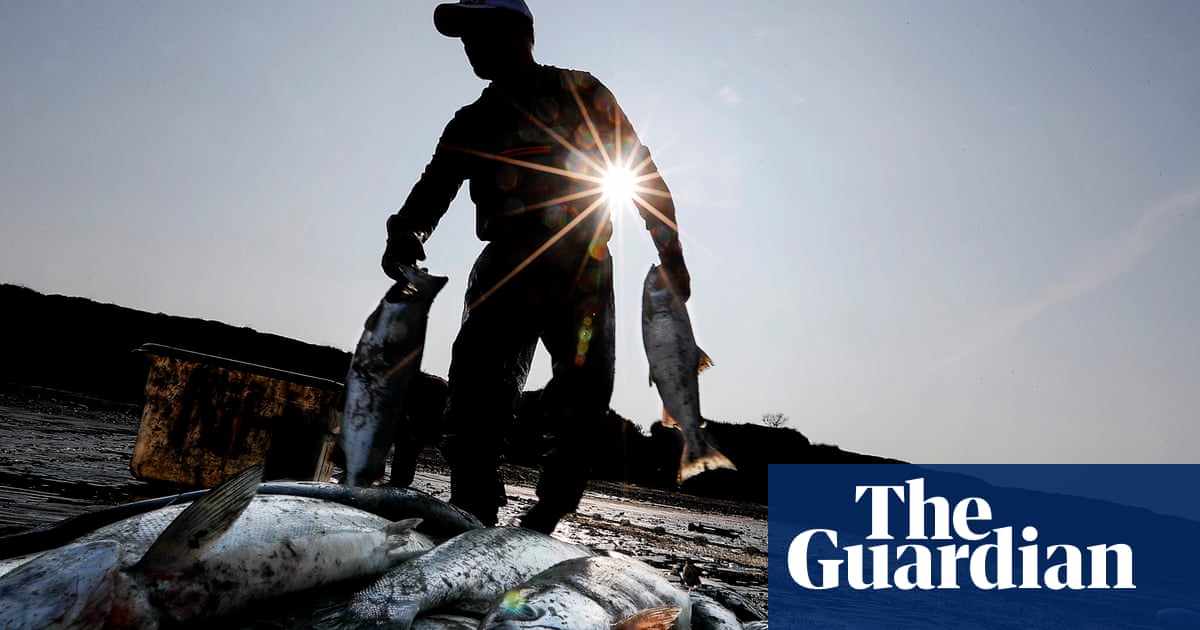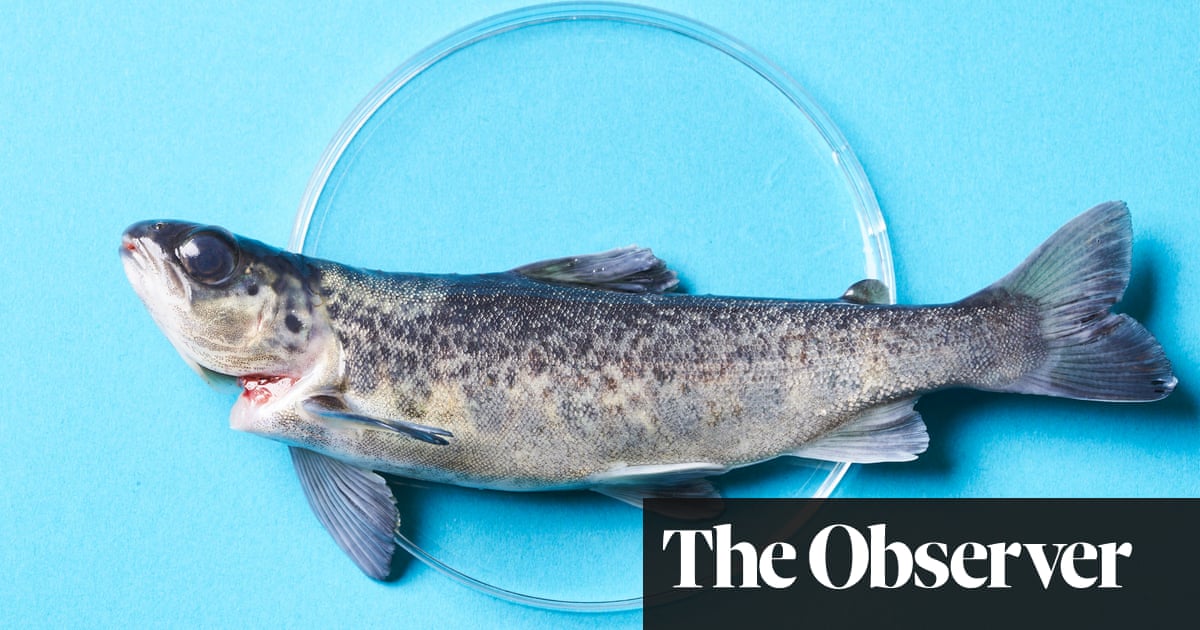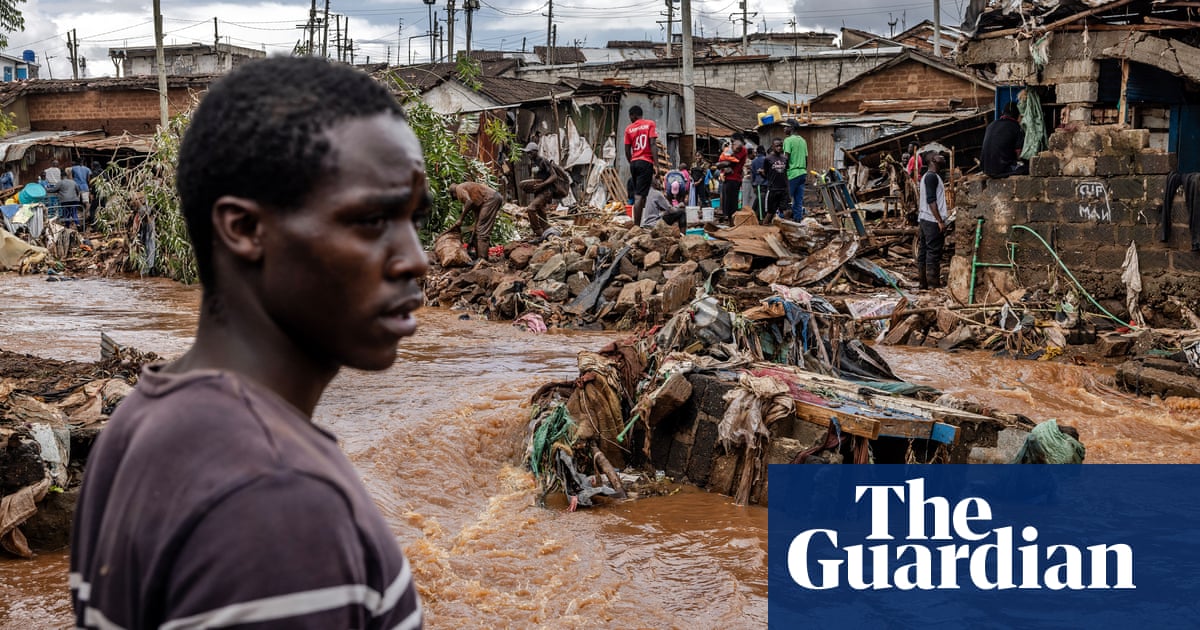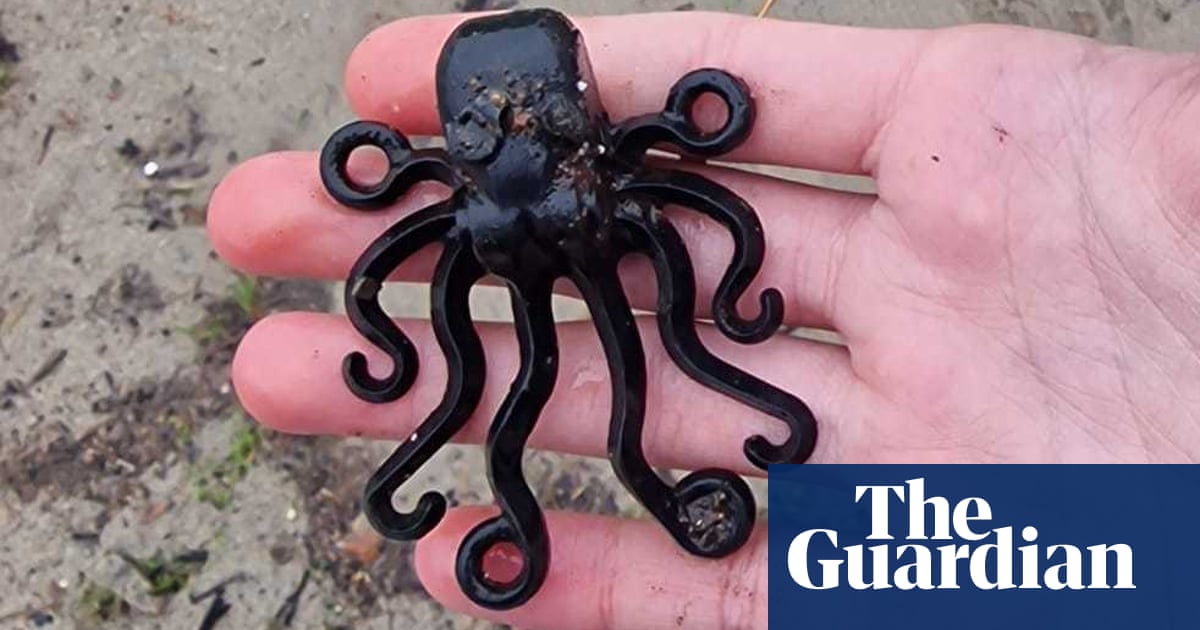Teal candidates hard to find in Queensland as Climate 200 seeks to spark community action | Queensland
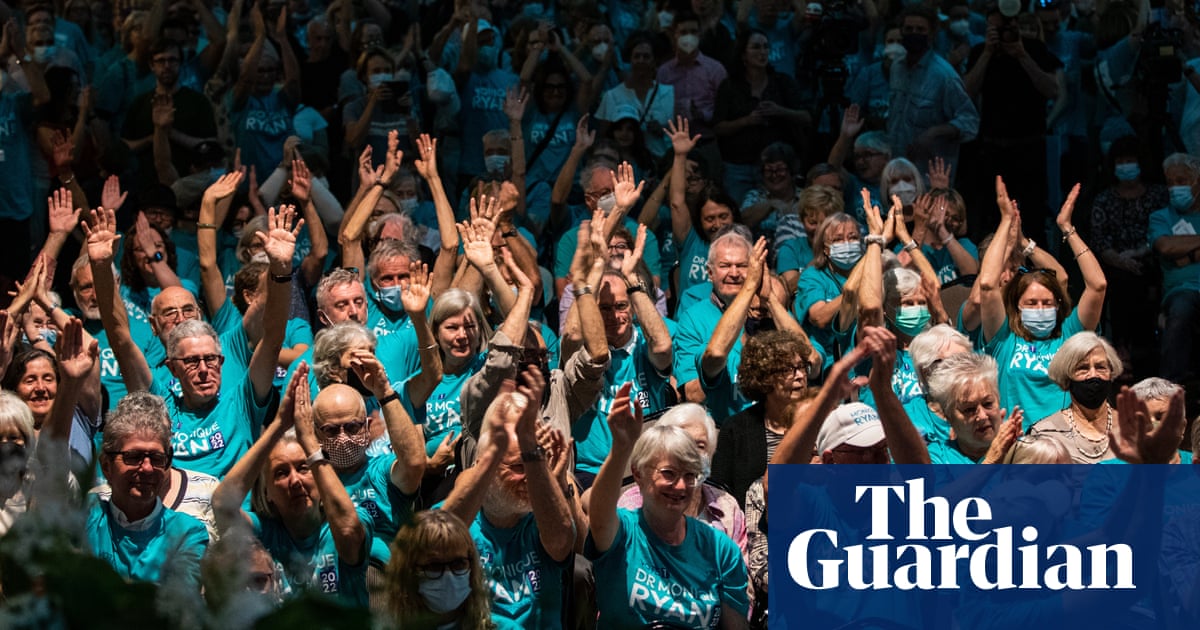

Less than nine months out from the Queensland state election, not a single ‘teal’ candidate has emerged to attract funding from influential lobby group Climate 200.
Experts say it’s increasingly unlikely credible teal challengers will emerge ahead of the October poll, given the time needed for an independent to build name recognition in the electorate.
The teals burst on to the scene at the 2022 federal election when Climate 200 donated to six successful candidates, who campaigned heavily on the issues of climate change and political integrity.
Of the 23 community-selected independents the lobby group helped fund during that campaign, none were from Queensland.
Since then, Climate 200 has financially supported five Victorian candidates and five candidates in the NSW state elections respectively.
However, Guardian Australia understands Climate 200 isn’t yet aware of any Queensland independent candidates that align with their values and have sought financial backing before the state election.
“Successful independents generally have an existing profile in the electorate, like former mayors, councillors or prominent business people,” Griffith University political scientist Dr Pandanus Petter said.
“You’d want at least a year to get started. And if they lose one election, they might stick around for another one and keep trying to build up their profile.”
‘Someone needs to go first’
Established by Melbourne philanthropist Simon Holmes à Court in 2019, Climate 200 does not select candidates but offers financial support to them once a community has gotten behind them.
Climate 200 executive director Byron Fay says there weren’t any successful Queensland independent candidates last federal election because there wasn’t the same level of “community mobilisation” as seen in Sydney and Melbourne.
“In all seats where the independents were successful last election, except for in Goldstein, an independent had run in the election before and received between 5% and 15% [of the vote],” he said.
“These things often build and someone needs to go first.
“Queensland … is starting from scratch in many ways.”
Climate 200 held one its first Queensland events last month at the Marcoola Surf Life Saving Club on the Sunshine Coast in the federal electorate of Fairfax. The group has also held events in Brisbane and the Gold Coast federal seat of McPherson, where former LNP minister Karen Andrews will retire.
The focus on Fairfax and McPherson is no accident, with Climate 200 saying most of the lobby group’s 1,200 Queensland donors come from those LNP-held electorates.
Climate 200 says there have also been “clusters” of interest from community groups in the federal electorates of Moncrieff and Fadden on the Gold Coast, as well as Fisher on the Sunshine Coast and Wide Bay.
Kylea Tink, the independent federal MP for North Sydney, who received almost half of her funding from Climate 200, spoke at the Marcoola event and said some of the estimated 140 attenders had travelled six hours to be there.
“A community really has to decide that [having an independent MP] is what they want,” she said.
“In the worst-case scenario, they push the local member … to do more listening and less talking.”
after newsletter promotion
Merilyn Keene, a member of community group Fairfax Matters, told Guardian Australia she wants to “see if it’s possible to do democracy a bit differently”.
“I’ve lived here for 30 years and have never really felt that my vote could make any difference with regards to a more progressive agenda,” she said.
“I know there are more people in my circle that care about climate change and more immediate action.”
Recent natural disasters could spark political change
Paul Williams, associate professor of politics at Griffith University, said “the teals are whistling dixie if they think they’re going to march into Queensland”.
The notion has been made more difficult by a “Greenslide” in Brisbane at the last federal election, he said.
“In a state like Queensland, where the Greens are already doing their job, there is no rationale for the teals. A lot of these upper-income, double-degree holding white-collar workers are already voting Green,” he said.
But Petter said “anything is possible” and the teals could have some success.
“[The only state independent MP] Sandy Bolton [in Noosa] isn’t [funded by Climate 200] but she built up her profile from mayor,” he said.
“But we don’t have as many seats as Sydney does with the same teal profile of people previously voting for the Liberal party strongly, with enough Labor people changing their votes and pushing the independent candidate over the line,” he said.
Guardian Australia has obtained polling from UComms, commissioned by Climate 200 last October, that suggests a drop in support for the LNP in the seat of Fairfax, from 45% at the 2022 federal election, to 38%.
Fay says Queensland’s recent string of natural disasters over summer could also spark further interest in political change.
“We’re seeing increasing fires, floods, droughts in Queensland and so climate impacts are certainly front of mind, but other issues like integrity and transparency in politics are really important to people,” he says.
“I think people are feeling like they’re not getting good representation [and] are looking for other alternatives.”
Source link

